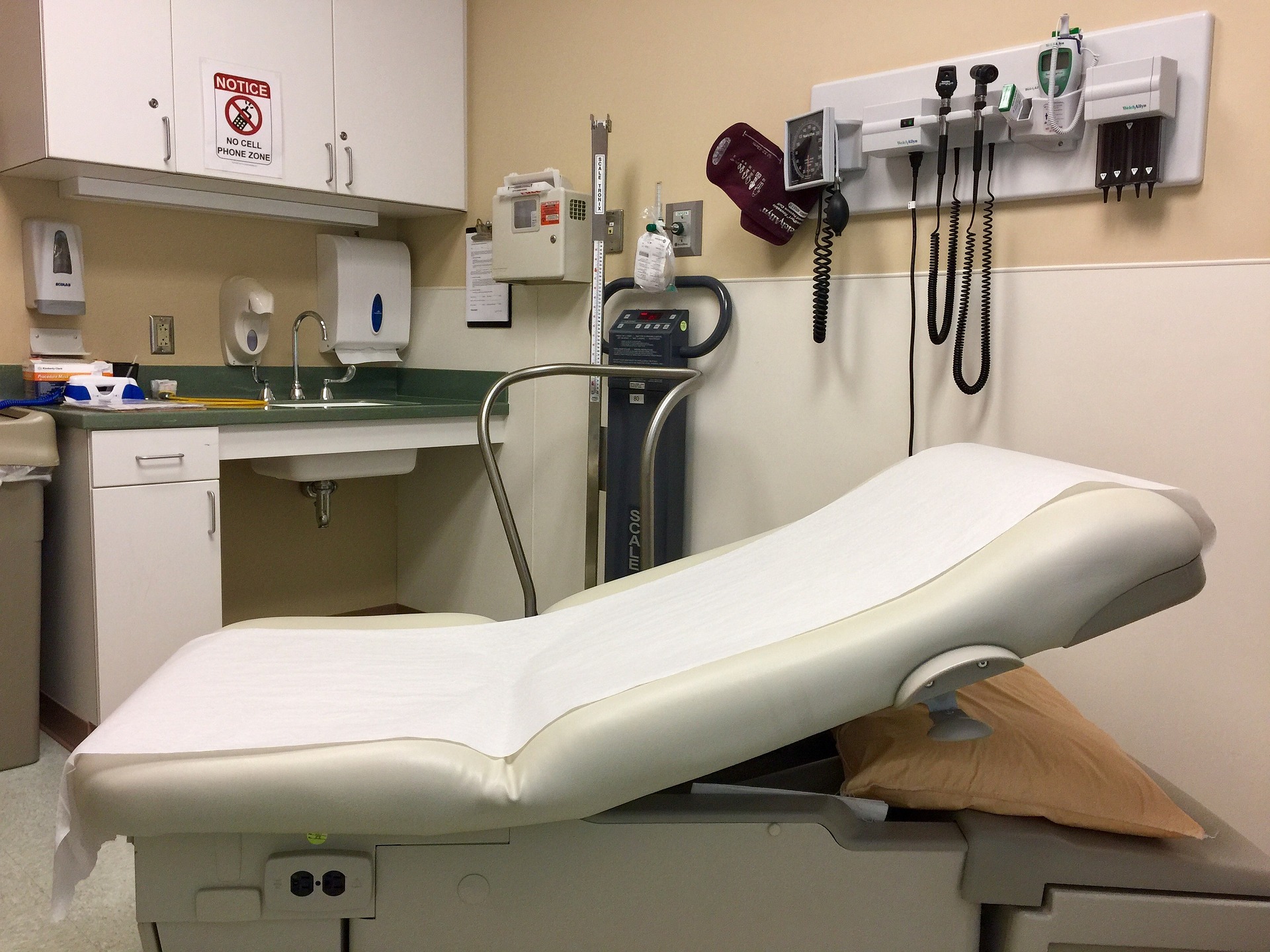Healthcare, as we know it, is backwards. It’s a system predicated on treating you when you’re sick, instead of keeping you healthy. It’s also a system where a single stitch might run you $500. Where insurance claims require a PhD to understand. Where time spent in a doctor’s waiting room far exceeds time with an actual doctor.
It’s like we said: Backwards. How backwards? In this series we’re taking a look at the four biggest ways the healthcare system is all turned around — and what we’re doing to move it Forward.
By definition, primary care is the most basic, ongoing, everyday type of preventative healthcare a person can get. That’s not to say it isn’t important — around the world, primary care is used as a first line of defense against illness and chronic health issues. And its use in that role has led to both better outcomes for patients now able to manage their health concerns and reduced costs for providers able to avoid overloading their more expensive emergency and hospital services.
In other words, primary care is one of those rare win-wins in the healthcare industry. At least, it should be. Unfortunately, in the U.S., primary care isn’t used as preventative healthcare, i.e., the doctor people see in order to maintain their health.
Instead, it’s used more like reactive sickcare: The doctor you only see when you’re not feeling good. And that’s a problem.
A Self-Fulfilling Prophecy
There are a number of reasons why it’s become completely normal to avoid seeing a doctor. There’s the fact that our society values having a “walk it off” mentality when it comes to being sick or hurt. Or, that some people are afraid of what a doctor might find if they look under the hood.
And, as we’ve detailed previously, there’s the fact that healthcare costs in this country sadly have ballooned to such a degree — while simultaneously becoming incredibly opaque to consumers — that most people are now more afraid of how much it might cost to see a doctor, than they are of illness itself.
Sadly, these reasons often end up backfiring spectacularly — and, in fact, avoiding the doctor for these reasons can actually turn them into a self-fulfilling prophecy.
After all, not seeing a doctor because you’re afraid of what they might find will only make the eventual bad news about an underlying health issue that much worse. If you’re afraid of not being seen as the tough, independent-type person society values, imagine how you’ll feel when you’re in the hospital with a melanoma because you never got that suspicious mole checked out.
And then there’s the cost. You know what might be expensive? Seeing the doctor. But you know what’s definitely expensive? The Catch-22 of only seeing the doctor when you’re sick.
Primary Care the Right Way
Though it might seem counterintuitive to anyone who’s avoided the doctor for fear of a bill, or what their physician might tell them, or because of what they think society values, the answer is actually to go see the doctor more, not less.
Which is why, at Forward, what we’re building is true, preventative care — care which you’ll want to use, and not avoid. That means doctor’s offices that are warm and inviting, not drab and boring — because we want you to feel comfortable. It also means doctors who really take time to explain what’s going on with your health, and who’ll answer your questions and really listen to you.
But most importantly, it also means doctors who will monitor for risks and help catch preventable health issues before they turn into something that has the potential to affect your health, and your finances, permanently.
Move into your future with peace of mind, knowing you’re doing everything you can to prevent or manage chronic diseases. Forward’s comprehensive primary care services include assessments, testing, treatments, and preventive clinics, including weight loss programs, that are led by doctors, guided by science, and driven by your unique biology. Take control over your health with an all-inclusive membership that’s focused on providing personalized, primary care for everything that ails you.


